Gradually, Then Suddenly: New Business Leadership Imperatives in the Age of COVID-19
“How did you go bankrupt?” Two ways. Gradually, then suddenly.”
― Ernest Hemingway, The Sun Also Rises
We are in the midst of a high-visibility, global response to the COVID-19 virus. The uncertainty and fear surrounding the current crisis are real, and we feel tremendous concern from a public health perspective and appreciation for people on the front lines making tough decisions about how to contain and control the risk.
At the same time, as business leaders, our team at Futureproofing : Next has focused our lens on the lessons we’re already learning about effective responses to dramatic, sudden challenges. Whereas most news analysis and punditry has focused on the just-breaking developments, we’ve projected out where the future goes in a post-Coronavirus world. Our observations about good and bad leadership in this current crisis point to rules that we must apply more broadly to our companies from this point forward.
The COVID-19 pandemic exposes realities that have been sneaking up on us gradually. But, now we can apply the lessons of the moment to broader business issues and societal challenges, using this current crisis as rapid learning about what’s required for Business Leadership Imperatives in the Age of COVID-19 and Beyond.
Futureproofed Leadership. New Rules of Thumb. New Thumbs.
We can’t predict with certainty what the next black swan will be, but we recognize that the impact of any given event can create a cascade of impacts outside our span of control and beyond our realm of understanding. The speed of technology and the global interconnectedness of commerce produces a rapid multiplier effect.
The emergence of new high-stakes forces is our “new normal”.
In this crisis environment, what do we need to do differently to lead our companies today? What’s the best way to apply the wake up call lessons to our businesses moving forward? What are long-lasting shifts in business post-Coronavirus?
We’ve outlined themes that every business needs to integrate into their thinking today so that the “gradual” prepares us for the “suddenly”:
#1. Five critical leadership skills to stay ahead of a health crisis … and other future crises.
#2. What we’ve learned from past crises: inspiring new thinking.and paradigm shifts.
#3. Fifty+ implications and projections to business & industries over the next two-three years.
#4. Summary: How to futureproof now in advance of the next unknown: Imperatives for business in the COVID-19 era and beyond.
Stay safe, stay open to possibility and enjoy what follows …
#1. What good leaders do to stay ahead of a crisis.
NEW REALITIES OUTSIDE THE FOUR WALLS SHOULD TRIGGER HIGH GEAR BEHAVIOR INSIDE THE FOUR WALLS.
We must be vigilant to forces outside our four walls. When we dial back how we found about the early seeds of COVID-19, we realize it was new technology (AI) from new companies that spotted it first, Socially innovative technology scanning the open databases of global hospital health care environments witnessed a spike of 27 flu-like cases arriving in Wuhan province shortly before New Year’s Day in China. When we see early signs of anomalies, we need to shift into high alert. In the spread of an epidemic, losing time means losing lives. “Data radar” needs to be on at all times. Denial is dangerous.
TAP INTO AN ECOSYSTEM BEYOND OUR FAMILIAR EXPERTISE.
In the face of uncertainty, leaders need to learn from experts from outside our traditional realms of knowledge and be prepared to question our prior assumptions and plans. Particularly in this crisis, there is a pronounced authority void, caused by the quickness of the crisis, expansiveness of the challenges and politics of the era. People in power need to listen to the people with the best answers. Rapid learning is mission critical.
MOBILIZE RAPID RESPONSE.
For governments, the ability to organize, coordinate, and orchestrate the entire system of healthcare workers, epidemiologists, and citizens allowed for quick testing and containment. Speed was imperative. Witness one South Korean’s company rapid anticipatory response to the fast approaching pandemic. Trust is the currency required to engage the network of people required for fast cooperation.
DATA IS POWER.
Strategies that begin with past data aren’t sufficient to deal with the chaotic feelings of uncertainty associated with a major crisis. Companies such as Google DeepMind, Benevolent.ai, Infervision, Tencent and Alibaba have all used to data to provide forward-looking options for diagnosis and solutions in mere weeks. We need to multiply our capacity to gather facts and evaluate information for the future.
THERE’S NO ROOM FOR POLITICS IN A CRISIS.
The rallying cry from leaders can’t come from a position of ego. Both in China and the U.S., excessive optimism, overconfidence, confirmation bias, status quo bias, aversion to accepting a sure loss, and responsibility-related regret all have factored into poor initial and ongoing response to the much larger issue of a pandemic. Blame is pointless.
#2. What we’ve learned from past crises: Coming out on the other side simple, bolder, inspired and different.
If there is a silver lining to the Coronavirus crisis, it can be summarized with three perspectives: a) if well-understood and analyzed, today’s crisis can serve as a wake up call to reframe leadership priorities, b) we can apply the insights from this and previous crises to write a new chapter for business leaders whose competitive worlds mirror many aspects of this crisis and c) we should maintain an indomitable spirit of optimism in the face of challenge, to coin Jack Kerouac “something good will come of all things yet.”
Let’s investigate the lasting effects, both positive and negative, of a number of seminal crises over the last half-century:
a) The Oil Shocks and Energy Crisis of 1973 and 1979
– embargoes that raised the price of oil 400% from $3 to $12/barrel in 1973 and subsequently to $40/barrel in 1979
Lasting Effects:
- increased energy exploration, alternative energy research & energy conservation
- more restrictive monetary policy to better fight runaway inflation
- reduction of OPEC as an institution and ongoing Western world-Middle Eastern political friction
- the last hurrah of big government intervention with price controls & rationing, which turned into the counterforce Reagonomics of the ’80s
- reduced the demand for large cars, the launch of the hatchback, front wheel drive as the new standard, a rising popularity of diesel and the international increase of Japanese imports
b) The Y2K Potential Millennium Bug of 1999/2000
– the $300+ billion-plus government and business spent on fixing the computer glitch that didn’t happen
Lasting Effects:
- the interrelatedness and network effects of our digital worlds and tech infrastructures
- technology escaping our ability to defend it – recogniton of its exponential strength and fragility
- the rise of coordinated hacking and malicious attacks
- country, company, community and personal disaster recovery plans
- putting I.T. into the C-suite sphere and the start of technology offshoring
c) The Dot-Com Bust of 2000–2002
– a stock market bubble that caused $5 trillion in capitalization losses saw a 78% dip in the NASDAQ from its peak, and follow up recession caused by excessive speculation in Internet-related companies in the late 1990s and a period of massive growth in the use and adoption of the Internet
Lasting Effects:
- a sustained fever and celebration for entrepreneurship and venture capital
- setting the infrastructure and economic foundation paving the way for a mature internet
- digital habits ingrained themselves into the rhythms of everyday life and the enduring mobile, social media era
- the erosion of the middle class through lost investments, layoffs, frauds and lack of safety nets
- the notion of “irrational exhuberance” – momentum for a new idea created by momentum, see Bitcoin in recent years
d) The Great Recession & Financial Crisis 2007-2012
– the financial crisis caused by a breakdown of trust and liquidity with banks, a subprime mortgage crisis, unregulated use of derivatives, the first year of declining global GDP in 2009, a stock market crash that saw a 53% reduction in the Dow, unemployment that rose to 10% in the U.S. and a resulting five year prolonged recession
Lasting Effects:
- An important factor in the rise of populist sentiment and polarization of beliefs, that resulted in the election of President Trump and other populist leaders around the world and Britain’s decision to leave the E.U.
- Long term credibility of experts and economists put fundamentally into question
- Mass long-term unemployment risks, particularly in male-dominated manufacturing-based industries; subsequent rise in female-run businesses
- Fragility of the economic systems and dependency on all levels of company, corporate, personal and student debt
- Excessive inequality, protectionism and inward-looking policies causing movements and counter-movements (e.g. Occupy Wall Street & the Tea Party)
- Better mainstream understanding of risk and the perils of unlimited debt
- Rejection of the notion that traditional employment will always be stable and increased entrepreneurship and side hustles to mitigate personal career & financial instability
- Lower fertility rates – yep, this happened
- Creative destruction and renewal – bad businesses failed, good business recovered and thrived
- The rise of Amazon – online commerce took hold, Amazon’s revenues and capitalization skyrocketed leaving conventional retail behind
#3: Implications and projections on business + industries
Looking beyond the public health perspective of Coronavirus toward the lasting business and economic impact, we recognize big possible change. The conditions are ripe for dramatic impact on industries that will take a long time to recover. We also see the establishment of new norms as people begin to adjust to new daily realities, life hacks and changed social, cultural and economic circumstances.
A sampling of the first and second waves of Coronavirus impact on business and shifts we envision:
Finance, Banking & Insurance
- “Black Swan” Loan, Salary Continuance & “Business Interruption” Insurance products – with increased volatility, will new force majeure services and products be introduced/given higher profile to accommodate future inflections? or will insurers take a “buyer beware” approach to their policies?
- Increased Polarization of Wealth – will initial sympathetic easing for lower income earners/small businesses turn into increased long term debt with interest attributing to asset holders?
- A Test of Banking Loyalty – with a flourish of new financial startups, apps and instruments available and fifty percent of North Amercians living paycheck to paycheck, will banks be seen as “being there” when displaced employees and families need them most? or will this drive a flood of brand loyalless people into the arms of a new wave of financial entities?
- Ageism in Insurance -will increased heath scares that selectively go after specific audiences accelerate pre-screening and conditional health & life insurance premiums?
Health, Pharma and Biotech
- Rapid Reaction – given an overwhelemed health care system , will we need to do better with testing, monitoring, triaging and reducing strain on facilities using telemedcine, apps and self-diagnosis as a first line of defence?
- Vaccine Production – with economic incentive not existing in the private scetor, should building a public, perhaps global entity, focused and incentivized on fast vaccine production be put in place?
- Hygiene-Focus – will a heightened emphasis and cultural premium be placed on better personal hygiene ongoing, with new products developed for, and glamorization/stigmatization of audiences based on, personal hygiene?
- Lifestyle prevention – vitamins, minerals and supplements have become the 2nd fastest rising category of purchase post outbreak, will a concerted effort to personalized health prevention stick and remain after COVI-19 is over?
- Long term Prevention and Risk Awareness – longer term, what might be possible in popup, apps, wearables, remote monitoring and telemedicine? Could there be an app for that?
- Wellness and mindfulness – our anxiety levels are elevated and mental health is being challenged at the same time our physcial health is being attacked. We want to use apps like Calm to reinforce mindfulness. What will the next technologies be to support mindful leadership?
Automotive, Logistics & Transportation
- Scrutiny of International Supply Chains – with business interruptions caused by global suppy chains, will increased scrutiny, contingencies and scenario mapping of supply chain partners happen?
- Increased Acceptance of Drones and Robots in Real Life – with safe use in real urban settings, will citiizens have increased acceptance of these Indudstry 4.0 technologies for a variety of health, security, monitoring and delivery settings?
- Less Commuting – related to remote work and increased personal safety (and the current fact that 44% of companies normally not allowing remote work up until now), will this lead to a long term reduction of commuting to work given acceptance and fluency of remote work? what will the impacts be on public transit, owning automobiles and our traffic grids?
Retail, Shopping & Commerce
- The Explosion of eCommerce – similar to the last financial crisis, will e-commerce take off due to safety concerns, extra time online, long lines and limited availabilities at grocery stores?
- Small. Local Retail Vice Grip – specialty and local retail will be hit hard by a reduction of foot traffic, loss of public events and credit crunches, will local and boutique retail be squeezed to the point of insolvency?
- Ghost Retail and restaurants – in-person visits are suffering; home delivery is strained. Might ghost kitchens be a coming wave?
Education & Learning
- Online Learning – schools and universities cancelled classes across the board without a coordinated infrastructure for remote learning. What will it take for the dawning of the next wave in online learning?
- Worker Retraining – given downturns and interruptions of work for potentially months, will business invest in their furloughed workers ahead of the curve and retrain them for future skill sets needed for the future economy?
- Conferences – major conferences have been cancelled. virtual conferences are popping up like crazy. How can your company embrace creative approaches to gatherings?
Agriculture & Food
- Relationship with Meat – with declines in consumption being registered in most geographies, will this livestock-related pandemic, accelerate our collective move to vegan lifestyle and increased scrutiny of livestock?
- The Rise of Baking and Cooking – with the spectre of rising levels of remote work and about one-third of people saying COVID-19 will make them stick closer to home, staying away from restaurants and ordering take-out less often, will making your own meals became en vogue again?
Technology & Software
- Big Data: Taiwan got ahead of the crisis largely by orchestrating their data strategically. Companies can win in building their brands with the same strategy. What technical debt do you need to address or what investments in data and technology do you need to make?
- Cross industry Accelerated Moves – with most of the big tech nine already dabbling in other industries and movements like health care and smart cities and being out on the front lines of this crisis, will this pandemic accelerate and provide credibility for Google Health’s, Amazon Health’s & Alibaba’s Health aspirations and other industry incursions?
- Online Fluency – with each of the last economic crises associated with the rising consumer use of the internet, will this pandemic drive citizenry across all age groups to rely on and spend more time with their array of devices, software and apps?
- Endpoint Security – with so many employees working from home at greater frequency, some for the first time, will IT functions have to implement better training and encryption at endpoint usage?
Consumer Packaged Goods
- Consumer products: Currently there are shortages of hand sanitizers, toilet paper and other sundry household products. Will products like these become more widespread?
- Dried Ingredents – if longevity and safety of products remain paramount, will powdered, dried, canned products and mixes (see Nilesen report on recent sales below) remain larger staples in a consumer’s purchase basket?
Manufacturing
- 3D/Value Added Production – with issues surrounding globalized supply chains and product integrity, will local production through advances in 3D print and value-added manufacturing take off?
- Accelerated Automation – with weeks-long closing of important people-intense manufacturing, will this virus outbreak accelerate the automation of manufacturing work to non-health susceptible robots?
- Repurposed Manufacturing – as seen with some Asian manufacturers, will protective and germ-free equipment, gear and implements, be an ongoing growth industry for incumbent manufacturers?
Sports & Entertainment
- New Forms of Digital, Socialized Entertainment – Broadway went dark. Film openings are delayed. What are remote ways for entertainment to be more adventurous, more connected? Could platforms like Instagram and TikTok become a medium for deeper storytelling and creativity? What would the next level look like?
- SaaS Gyms and fitness – Peloton, Mirror, yoga apps set the stage. Is it time for everyone to prefer to exercise away from others?
- Sports – Nearly, every league suspended its season. Will esports build a bigger following? Will made-for-TV sports with no live audiences take off? Will online poker and next-generation gaming consoles experience a surge? What will the next Twitch look like?
- Streaming Services – with a raft of new streaming services establishing beachheads or just coming online (e.g. Disney+, Quibi, Peacock, and HBO Max) and a massive influx of people spending more time at home and “social distancing”, will streaming services flourish and expand into new areas?
Society
- Relationships and culture (adapt for business) – imagining that there will be a need for connection with our teams beyond spreadsheets, might there be inspiration from long distance relationship apps like Between and Couple?
- Baby Boom? – as evidenced by previous blackouts and ice storms, will more imposed and safeguarded leisure spent at home lead to a mini-baby boom nine months later?
Trust & Values
- Sanitation providers – could companies like Ecolab expand to provide services to Airbnb? Will services appear to certify locations as A, B, C or D like restaurant kitchen grading?
- Rise in Xenophobia – given the origins of this outbreak and tense relations between two different parts of the world, will racism be used as an excuse and crutch for issues experienced on domestic soils?
Travel, Tourism & Hospitality
- Travel Safety – currently dramatic economic impact has affected cruise ships, airlines, hotels and public transit. Will people trust the sanitary conditions of travel modes of transport and even Airbnb as safe enough again?
- Virtual environments: Why do we get together in person? Which virtual environments and collaboration platforms could serve us beyond Zoom, HBx, ON24, Mural.ly?
- The Stay-cation: with extended travel effects on crossing borders, quarantines and ongoing risk aversion, will we see the new era of the staycation and will hospitality operators try to replicate global culture locally?
Real Estate
- Head Office Space– if remote work takes hold, how do we repurpose and reimagine large corporate and head office square footage?
- Real Estate Values – if one of the big reasons for the value of your property was its proximity to work, where does that value settle when that condition is no longer in place?
Energy & Utilities
- Global Climate Change Action – with world cooperation on the pandemic front, will the same spirit of cooperation and collaboration be able to tackle and be applied against one other daunting decades-long challenge – climate change?
- Uitilties are the new Gold – with stocks down across the board, will utilities remain as the safe standard for investment?
The Future of Work
- Work life – there’s an unequal distribution of capacity to work from home (access to technology, nature of the job). How can we reimagine working from home not as a work-around, but as a conscious, well-engineered, productive experience?
- Work space – If open offices and shared spaces were on-trend before, how will we redesign our in-person work spaces next?
- Paid Sick Leave – with the auspices of multiple industries of workers being temporarily or indefinitely on sick leave or laid off, how will legal statutes change to account for absences and sick leave based on acts of nature?
- The Rise in HR within the Executive Suite – with many HR functions taking on pivotal corporate roles in this period of uncertainty and perilous change, will their corporate standing, esteem and responsibilities rise within the corporate sphere post-Corona?
Government & Public Service
- Health Industry Stress Test – similar to the after math of the banking crisis of 2008, will hospitals, health care providers and insurers be forced to share more data with each other and prove their collective state of future emergency readiness?
- November US Election – with one of the biggest headline makers being this November’s US election, will the turnout be larger due to the pandemix because of more interest in government or an indictment on leaders’ responses? or smaller due to concerns over health and economic distractions?
- Nudging vs. Edicts – with vastly different responses to the pandemic from countries in close proximity, what loose or heavy-handed approaches and use of civil force will prove to be more effective overall?
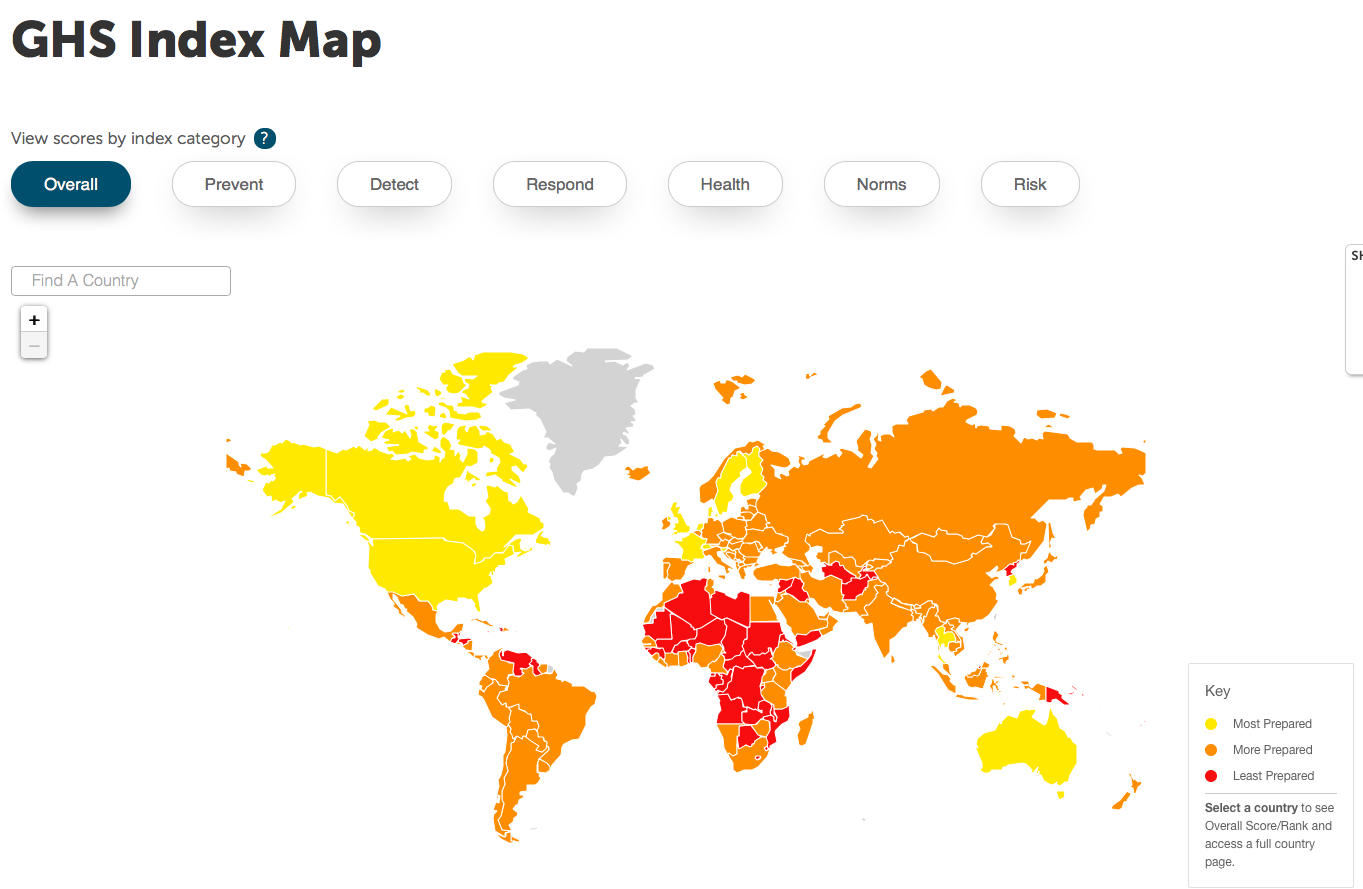 Global Health Security index 2019 (NTI) https://www.ghsindex.org
Global Health Security index 2019 (NTI) https://www.ghsindex.org
Social Innovation & Not-for-Profits
- The Rise of the Third Pillar – will this pandemic make companies stare deeply into their corporate purposes and vision, and consider & act more profoundly on their responsibilities to their employees, communities and the planet?
- Health Care-Based Social Innovation – will for-profit talent and resources be inspired to dedicate energy and time to overcome the world’s biggest health care challenges?
- Tapped Out – with stress on financial resources and cause-related attention devoted to the pandemic, will fundraising and cause awareness suffer a shortfall of windows to make progress and impressions?
- Digital Fundraising – with the elimination of many charity live events, races and dinners, can charities reinvent their fundraising mechanics to integrate with new safer, digital behaviours and time spent?
Aerospace & Military
- Air Cubicles – with airborne viruses and germs easily spread in plane environments, will the future of business and first class also include privileged non-recycled air? will clean cabin air be considered a universal right?
- Space-Age Disinfectant – given the stakes and well-heeled nature of many air travelers, will radically new technology be applied to erasing germs and viruses on a commercial level?
- Bio-Weaponry – not to be incredibly macabre, but with COVID-19 deaths already nearly doubling the death count associated with September 11th attacks at the time of this post’s writing, will the next wave of terrorism be biogenetic? and will our next wave of military strategy be bio defence?
- Global Instability – with SARS, Ebola, Zika and swine flu all flaring up in the last few years, despite global health standards improving, will more permanent instability and more frequent outbreaks of infectious diseases occur because of rapid unplanned urbanization, international travel, prolonged humanitarian crises, human incursion into previously unsettled land, expansion of international travel and trade, and regional climate change? how can we model a more stable future?
#4 Imperatives For Business in the COVID-19 Era and Beyond.
How to futureproof now in advance of the next unknown.
The highest and best use of a crisis is to do what’s required at the time, and to use the strategic insights to prepare better for the next one. Oil embargoes can lead to smaller cars and emissions standards, economic crises can lead to banking regulatory reform, Y2K scares can lead to greater vigilance regarding cybersecurity.
COVID-19 brings to the forefront the need for a “futureproofing” mindset. Business leaders in virtually every industry will clearly look at COVID-19 as a turning point in our collective sensitivity to global pandemics. Equally important is the realization that this crisis must serve as a catalyst for leadership beyond public health.
if we leverage the insights from COVID-19 as a way to re-engineer our leadership agendas, we’ll configure better business systems to track emerging trends, capture and organize big data, connect with people and knowledge from fields that are outside our traditional realms of expertise, and teach our teams and our partners to mobilize around other emerging and surprising trends with a sense of focus and urgency.
Let’s make a post-Corona world a better one … and lets hope we get there fast.
F:N’s Next Four Webcasts:
Twice monthly, F:N is hosting webcasts with innovation’s most relevant topics and most informed leaders, thinkers & practitioners to bring the future forward. Have a peak at what’s next:
The Futureproofing 52 Leading Business Models of The Future – Launch ( March 24th ) – Sign Up Here
The Cross Industry Movers 20 ( April 7th ) – Sign Up Here
The Future of Finance ( April 21st ) – Sign Up Here
The Future of Work 2020+ – Talent, Skills & Careers ( May 12th ) – Sign Up Here
LEAN INTO THE FUTURE
We operate at the intersection of the future and business.
We live between early stage idea and reliable growth.
We help deliver innovation competence and confidence.

Andrea Kates
Co-Founder, Futureproofing : Next / MD - iScale
Andrea Kates is a global corporate transformation specialist, tech startup CEO, and expert in “business innovation you can take to the bank”. She has worked on more than 200 corporate growth initiatives that have moved companies beyond innovation toward Futureproofing.
Andrea drives commercialization of innovation with a focus on the Future Of theme covering Mobility, Fintech, transformative AI, Future of Work and Business Model reinvention. Based in San Francisco and working with teams around the world, Andrea uncovers scalable directions for growth.
Andrea was CEO of the San Francisco SaaS technology company that pioneered the application of lean startup methods for large companies. She’s worked with fast-scaling clients including SuMi Trust (Japan), Ford (US/China), Stitch Fix, Fujitsu, JLL, CommonGrounds, Allstate and Cisco and delivered keynotes at CxO Forum (Tokyo), Dubai 2020, OpenBanking (Mexico), TED main stage, Aspen Ideas Forum.
Get the Future in Your Inbox
We’re giving change agents, innovators, curiosity seekers and business decision makers the foresights, tools and news to help their organizations grow and adapt to change.
Join thousands of global leaders and receive our latest vault of intelligence .., and take innovation to the bank.



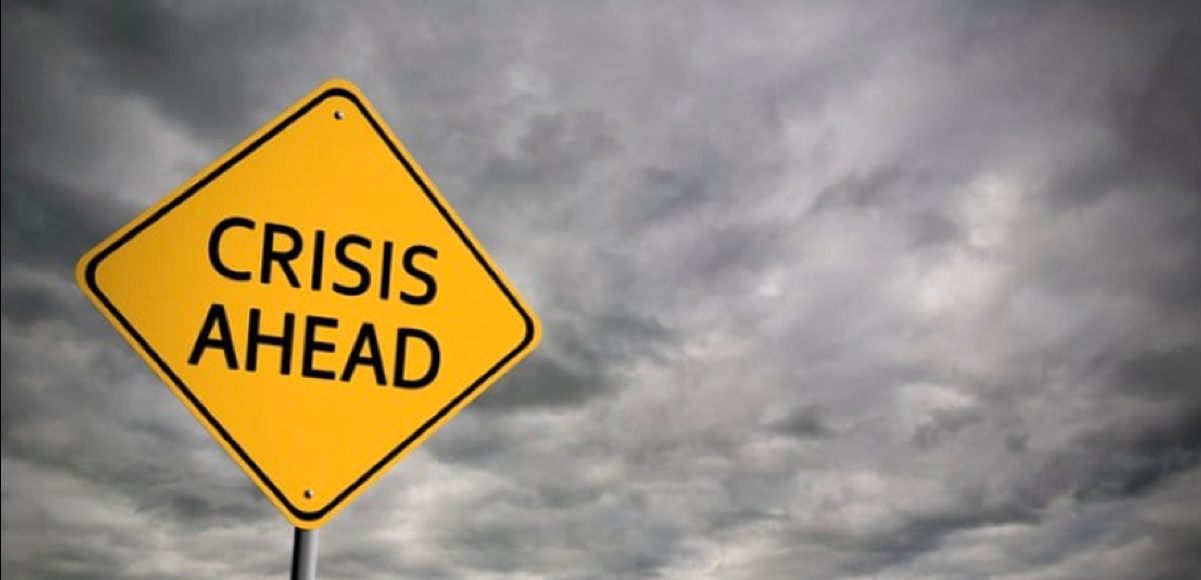
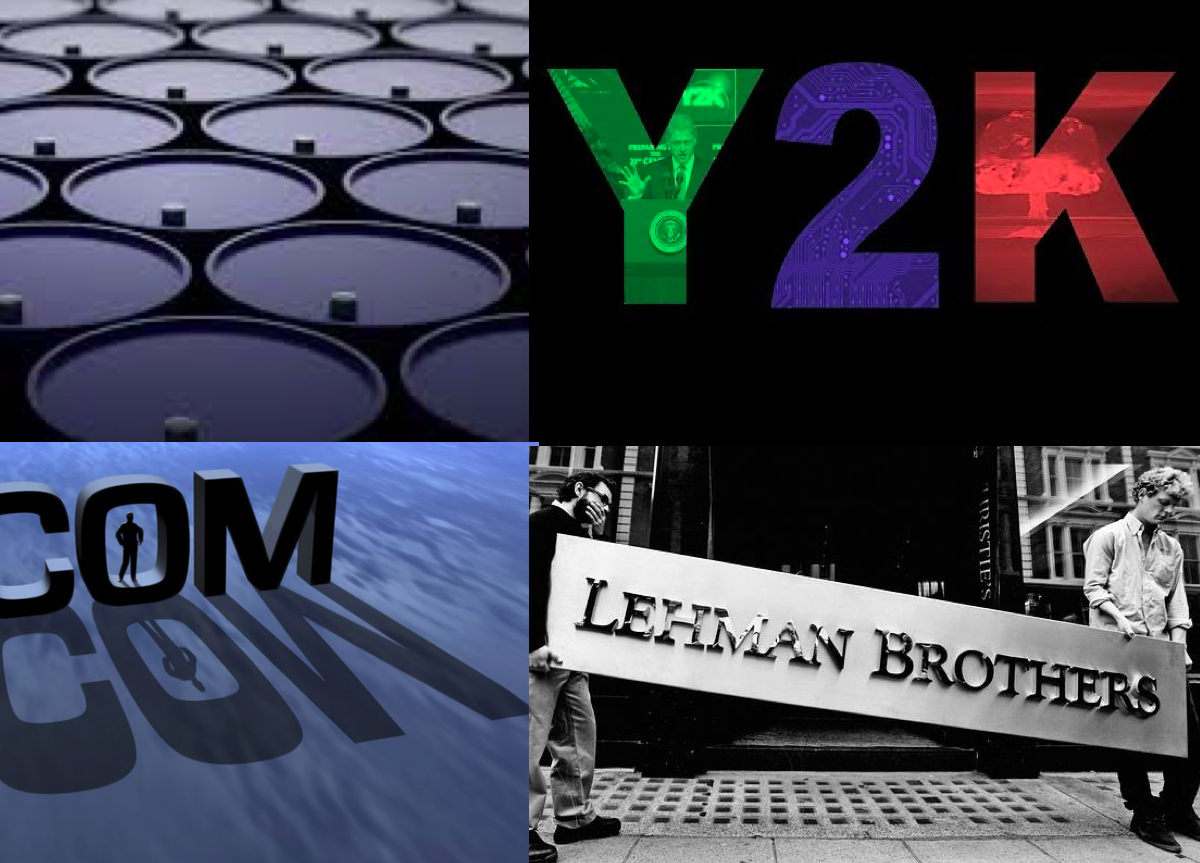
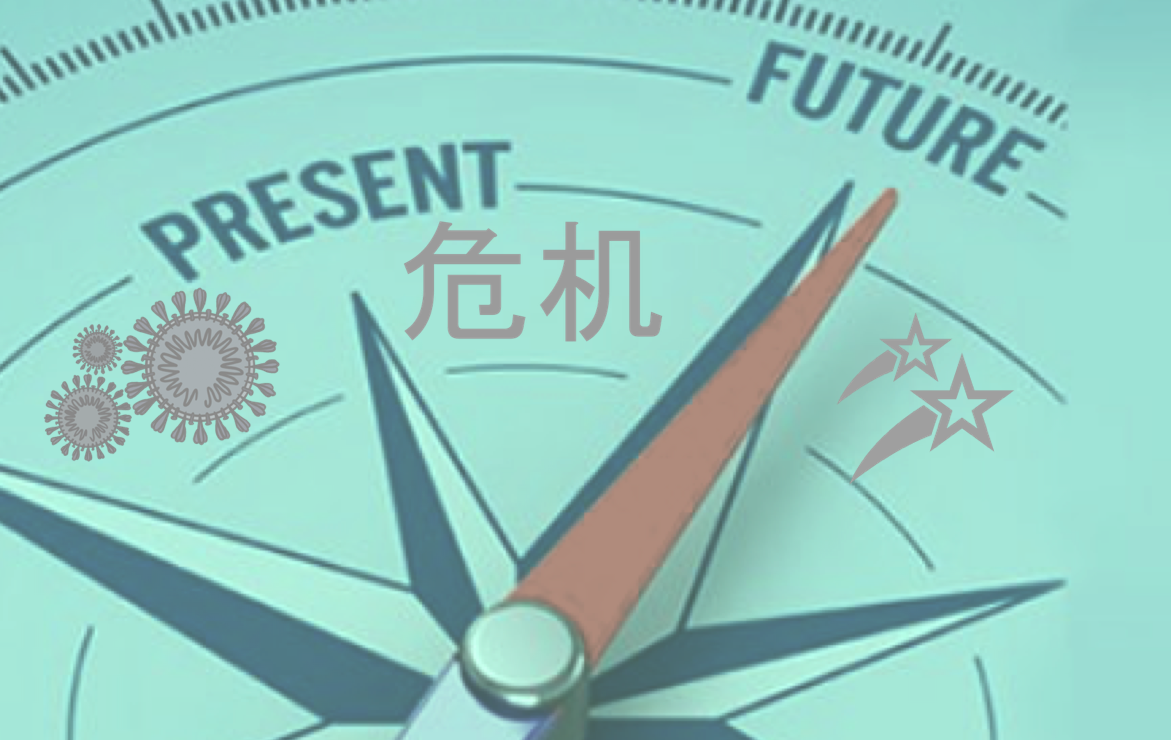
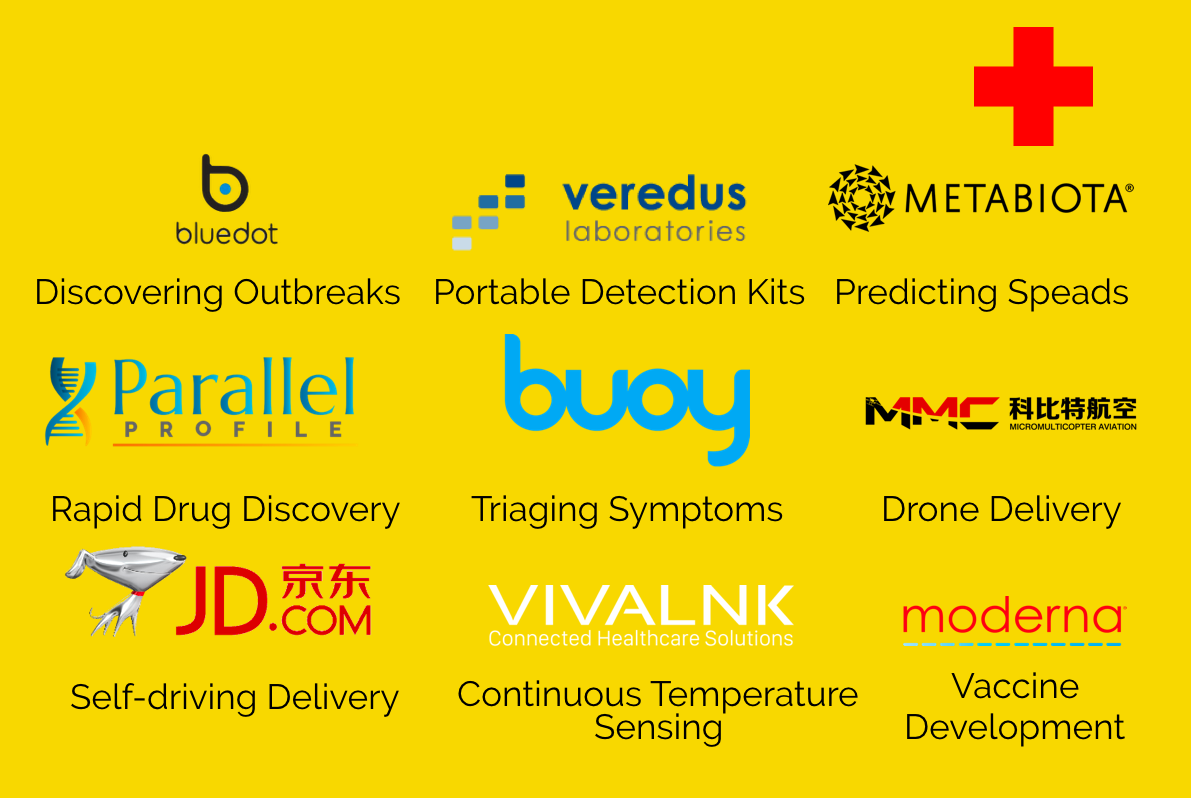
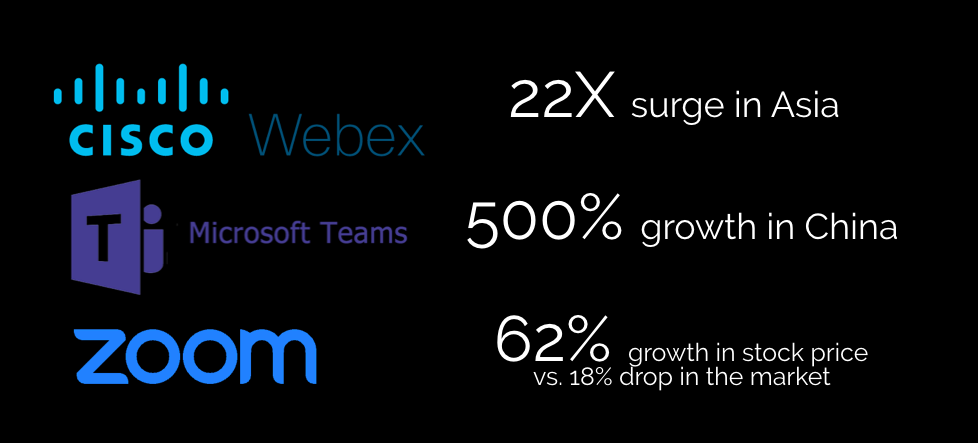
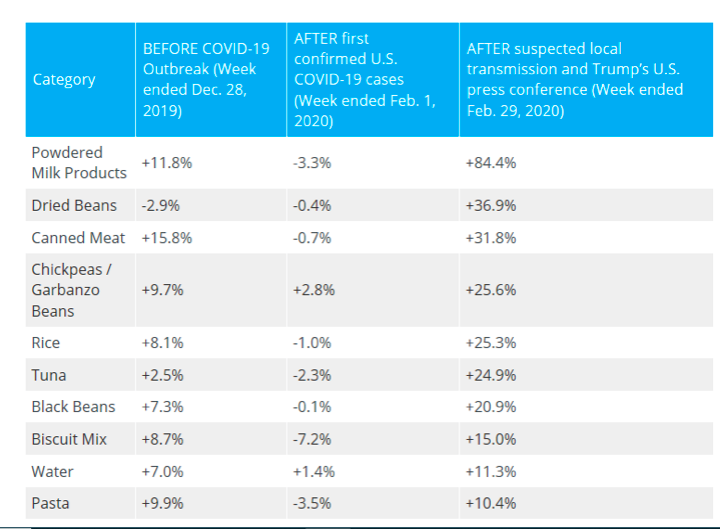
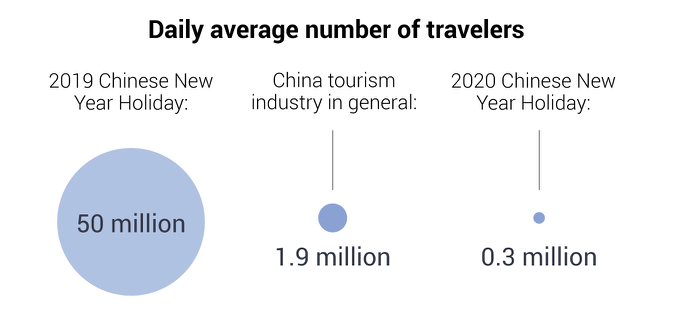
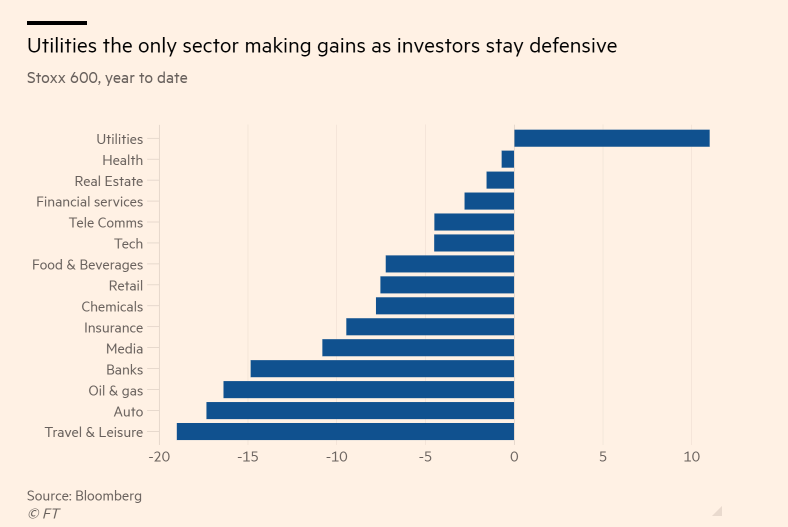
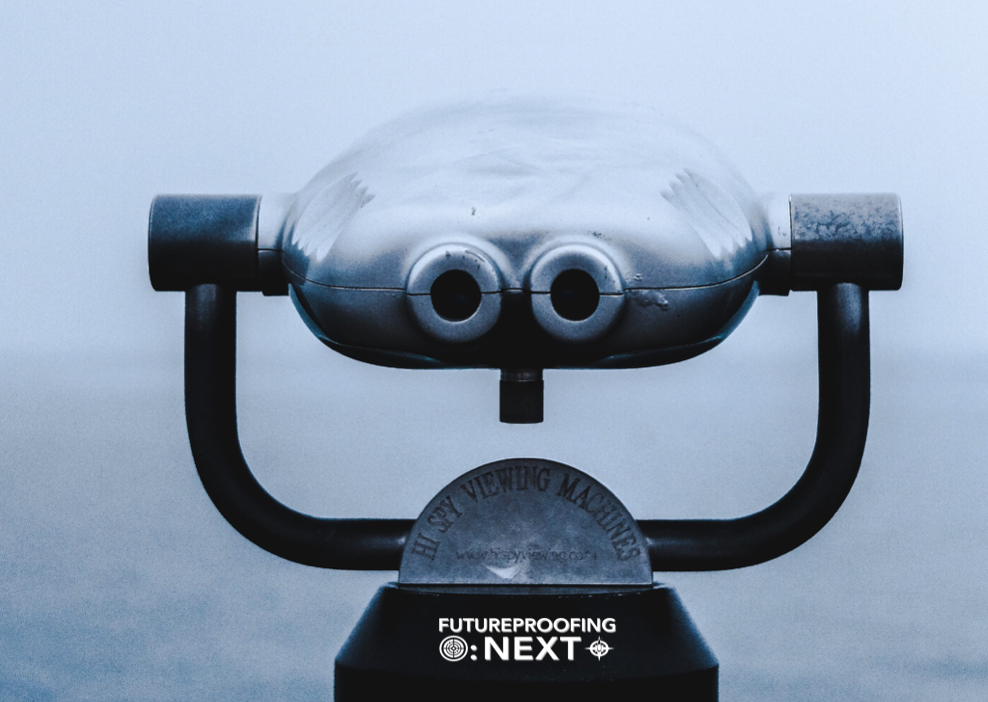
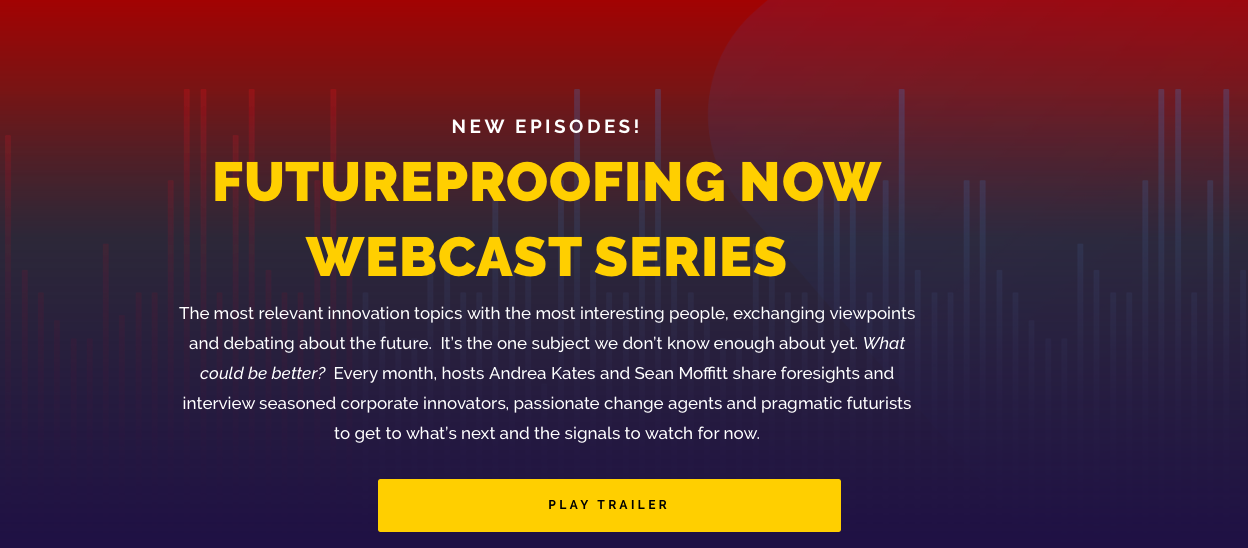
Hi Andrea! Enjoyed the article. So true…we shall never be the same.
Jeff, thank you for the note. Rich memories of all the Futureproofing we have done together in the past. Great to be back in touch. All best to you and yours during these times.
As the sector’s response to COVID-19 moves from survival to recovery mode, the impetus for digitalisation will be driven both by a desire for greater operational resilience but also the challenging economics of the post-coronavirus world. The drinking water sector in America, for example, is estimated to lose nearly US$14 billion (€12 billion) approximately 17% in annualised revenue as a result of the pandemic, including more than $5 billion (€4 billion) in losses related to suspending water service disconnections and increased customer delinquencies.
Thank you for the comments. We’re seeing many permanent changes in the global economy.